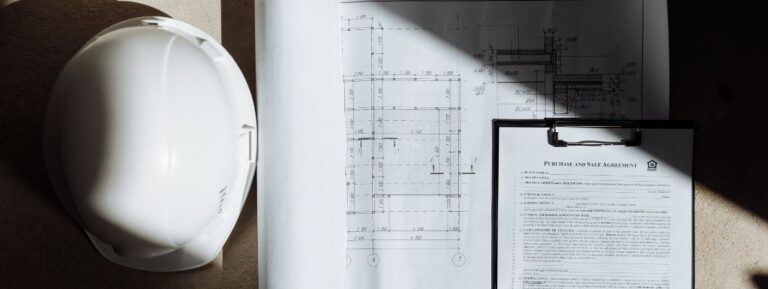The construction industry is in an incredibly turbulent state. Increased construction costs (primarily of material and labour) are being experienced industry wide. As a result, builders are being forced to pass these increased construction costs onto home owners or developers, or to risk completing jobs for reduced profits or at a loss. In a recent series of articles, we have examined:
- how cost escalation clauses can be used to pass on these incurred costs (https://rcrlaw.com.au/cost-escalation-clause-guide/); and
- the recent clarification that the District court has provided regarding how cost escalation clauses must be drafted and implemented to ensure they are legally compliant (https://rcrlaw.com.au/builders-beware-major-changes-for-construction-contracts/).
However, what do you do if you are a builder who does not have a cost escalation clause in their contract? Is a valid option simply not to complete the works? The simple answer is that if you refuse to complete the works that you are contractually obligated to and choose to terminate the contract, this will likely be deemed to be a repudiation of contract. This was shown in the decision of Addinos Pty Ltd v OJ Pippin Homes Pty Ltd [2022] QDC 205.
Addinos Pty Ltd v OJ Pippin Homes Pty Ltd [2022] QDC 205: unlawful termination due to price increases amounting to repudiation
Addinos Pty Ltd (Addinos) was a property developer who engaged OJ Pippin Homes Pty Ltd (OJ), a construction company, to perform work on a property owned by the plaintiff. On 22 October 2015, OJ commenced work on the Site.
On 17 March 2016, OJ sent an email attaching a letter to Addinos, which made it evident that OJ was seeking to terminate the contract. The email relevantly stated that “we will be terminating your contract … due to unforeseen time taken to date we are no longer able to build this project within our construction schedule or for the costs originally quoted”. The letter additionally stated that “the construction cost have increased significantly since the project was priced.”
Furthermore, a text message sent on 18 March 2016 by an employee of OJ to Addinos further stated that “our costs for these are going through the roof with trades charging big premiums on rates due to access issues etc.”
On 23 June 2016, Addinos sent OJ a letter in which it accepted OJ’s repudiation of the contract. As parts of the works were left uncomplete Addinos engaged a third-party builder, CJN Constructions, to complete the Works that OJ were originally engaged to perform.
Justice Rinaudo in this case found that OJ had no lawful basis to terminate the contract on the grounds, and that the communications evinced an intention to no longer be bound by the contract, amounting to repudiation. As a result of OJ’s repudiation of the contract, OJ was ordered to pay Addinos, by way of loss and damage, the sum of $159,169.69, plus interest in the amount of $35,459.96 and costs.
Key Takeaway
A few key points should be taken away from this judgement. Namely that if a builder seeks to terminate the contract on the basis that it will not be profitable for them to complete the job, this will most likely be an unlawful termination and amount to repudiation of contract.
Furthermore, it outlines the need for diligent and forward-thinking contract drafting. It is fundamental that when you are drafting or having your contract reviewed, you ensure that your contracts adequately protect your interests.
A more diligently drafted contract would have provided a lawful mechanism for the builder to claim for increased construction costs. As a result of not having this lawful mechanism to claim for increased construction costs and the desire not to operate at a loss, the builder unlawfully terminated the contract.
Cost escalation clauses provide this mechanism and should be adopted by builders when possible.
If you require any information regarding cost escalation clauses, assistance in ensuring that your clauses are legally compliant and protect your interests, or assistance in the drafting of a cost escalation clause for your contract, please do not hesitate to contact our dedicated team of construction lawyers.
The blog published by Rostron Carlyle Rojas is intended as general information only and is not legal advice on any subject matter. By viewing the blog posts, the reader understands there is no solicitor-client relationship between the reader and the blog published. The blog should not be used as a substitute for legal advice from a legal practitioner, and readers are urged to consult RCR on any legal queries concerning a specific situation.



